10 Things You Need to Know When Renting in Dublin
Finding long-term accommodation in Dublin can be difficult, as there is usually plenty of demand, especially for areas close to the city centre. To stand out from the crowd, it’s a good idea to be organised, know what you want and ready to react if you find the right place. Here are ten tips on finding your ideal rental home in Dublin.
Research your areas – Dublin is a capital city and therefore fairly large in size. For most people, areas close to the city centre are the most convenient, but they tend to be the most expensive and most popular. Public transport is good in Dublin, so look further afield at the suburbs, as even when you consider the cost of transport, you may still save money. Look at areas on the Luas line and on the Dart line. Read more about public transport in Dublin here.
Think carefully about your budget – long-term retail accommodation can be expensive in Dublin, and the cost is rising. For up-to-date information on the cost of accommodation, go to the Beginning a Tenancy page on the Residential Tenancies Board (RTB) website, which contains lots of useful information on finding the right home for you, as well as a link through to the average rental prices per area for Ireland.
Go online – there are a number of websites that advertise both short- and long-term rental accommodation in Dublin and beyond. Daft.ie is by far the biggest, and you can sign up for alerts in your chosen area. Other sites worth looking at include rent.ie, property.ie, spotahome.com and let.ie.
Get organised – potential landlords will want references from work and/or previous landlords, as well as proof of ability to pay rent. Make sure you have these ready to go. If you don’t, focus on ads placed by tenants rather than landlords, eg for house shares.
Use preferred contact details – Read the ad carefully for information about contacting the landlord. Some prefer direct contact by phone or text, but others prefer contact only through the website. If you have a choice, phone or text is the best option; otherwise pay attention to how the landlord wants to be contacted.
Get an Irish mobile phone number – this is important, as a potential landlord most likely won’t answer or return a call from a foreign number. If he or she doesn’t answer the call, even if you don’t have an Irish mobile number, leave a message with your contact details.
Have a deposit ready – a security deposit is generally paid to the landlord as part of the rental agreement, and returned to the tenant at the end of the agreement, once no rent arrears, bills, taxes or charges are due or damage beyond normal wear and tear has occurred. In general, the deposit is one month’s rent. Avoid paying by cash and always get (and keep) a receipt. See the Deposits section on www.rtb.ie for more.
Ask about bills – Generally speaking, if you are renting your own place, the bills are your responsibility. Ask about electricity and gas costs, and if there are other bills that need to be covered. If you are renting in a shared house, ask if any bills are included, or how the bills are divided and paid. Keep on top of this, as you could be liable for the full bill if someone doesn’t pay.
Avoid being cheated – The Irish police force, An Garda Síochána, has the following advice:
Ideally only do business with established rental agencies, or check if a landlord is registered with the RTB on www.rtb.ie.
Always meet a prospective landlord in the accommodation to be rented.
Ask for photo identification of the landlord or letting agent and take a photo of the document on your phone.
Pay the deposit to the landlord and not the persons leaving the property/courier other person.
Use cheques or bank drafts to pay the deposit and keep copies of receipts of payments and any correspondence.
Ensure keys fit, open door lock and sign rental contract, prior to payment of deposit.
Become an au pair – Another option for people coming to Dublin to learn English is to become an au pair (childminder who lives with the family). As an au pair you will enjoy many comforts such as not paying bills, food or rent. However, your timetable will be conditioned by the family needs. Depending on the family, number of children and their age, they will ask you to work certain hours for a fixed weekly wage. For more information on au pair rights and employer responsibilities contact the Migrant Rights Centre in Dublin directly: Migrant Rights Centre Ireland, 28 North Great George’s Street, Dublin 1 (just off Parnell Street - look for the blue and white building) Phone: +353 1 889 7570 Email: info@mrci.ie.
Best of luck with your search!

